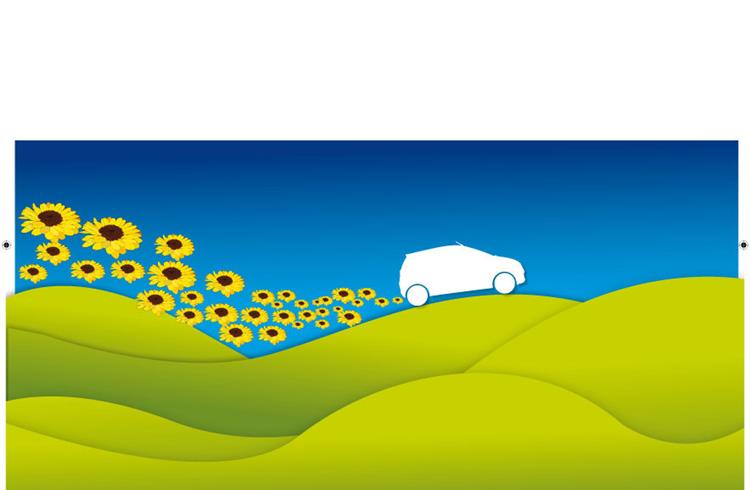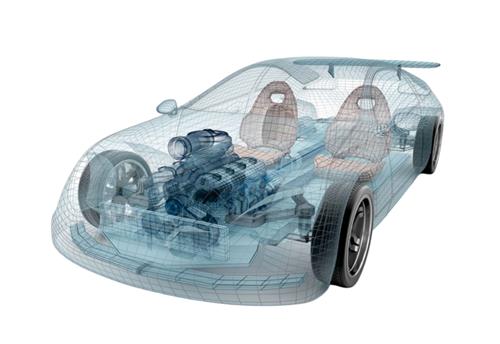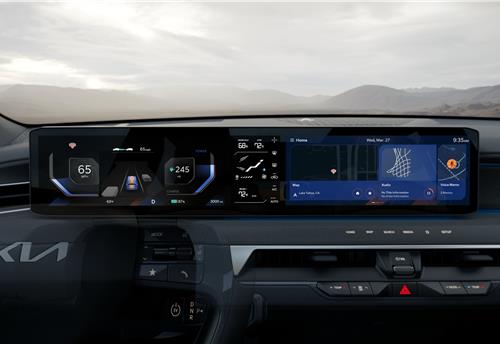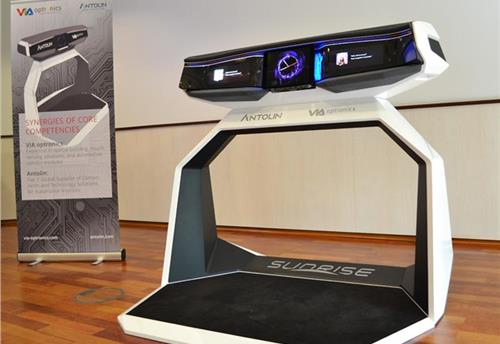European OEMs renew pledge to lower emissions
Following today’s publication of the European Commission’s Energy Union proposal, the European Automobile Manufacturers’ Association (ACEA) re-stated its
Following today’s publication of the European Commission’s Energy Union proposal, the European Automobile Manufacturers’ Association (ACEA) re-stated its commitment to contributing its fair share towards lowering greenhouse gas emissions, namely through more fuel-efficient technology and continuing investments into alternative powertrains.
ACEA’s members are BMW Group, DAF Trucks, Daimler, Fiat Chrysler Automobiles, Ford of Europe, Hyundai Motor Europe, IVECO, Jaguar Land Rover, Opel Group, PSA Peugeot Citroën, Renault Group, Toyota Motor Europe, Volkswagen Group, Volvo Cars and Volvo Group.
Europe’s cars, vans, trucks and buses currently meet the highest environmental standards in the world. “We now need a wider debate involving all stakeholders on a more balanced and effective system for further reducing CO2 emissions,” said Erik Jonnaert, ACEA Secretary General. ACEA advocates a system that focuses on reducing overall CO2 emissions from all transport modes.
“For the automobile industry, this means we should not only focus on emissions from the vehicle itself, but also look at other factors influencing emissions during the use of the vehicle,” Jonnaert explained. “This includes the carbon content of fuels, driver behaviour, infrastructure and the age of the car fleet.”
ACEA’s members will continue to invest in alternative powertrains, including electric, hybrid, fuel-cell and natural gas-powered vehicles. Therefore ACEA welcomes the call for the swift deployment of alternative fuel re-charging infrastructure – essential for the roll-out of these alternative vehicles. ACEA also calls for the harmonisation of customer incentives across EU member states to support the market uptake of such vehicles.
Electrification is just one of a basket of alternative technological options that manufacturers are providing. Jonnaert said: “Technological neutrality, which has enabled manufacturers to develop a wide range of electric and non-electric alternatives and has encouraged innovation, must remain a key principle.”
ACEA also stresses that a ‘modal shift’ from road to non-road modes is not the right solution for decarbonising transport, as no one single transport mode is ‘per se’ more environmentally-friendly than others. This was highlighted recently by the European Environment Agency, which stated that “the environmental benefits of a large-scale modal shift are not precisely known and may differ considerably from that suggested by the existing average performance per mode, depending on a number of factors”. ACEA’s view is that different transport modes should complement, rather than compete with, each other.
RELATED ARTICLES
Marelli Talbros Chassis Systems wins Rs 1,000 crore business from European OEM
The order, to be executed over an eight-year period, is for the supply suspension arms tailored for both conventional in...
Kia launches customised NBA display themes for North American market
Display Themes is a customised service that supports a personalised vehicle experience, allowing users to customise the ...
Antolin and VIA Optronics unveil versatile vehicle cockpit concept
The Sunrise vehicle concept cockpit, which is engineered for seamless transitions between manual and autonomous driving ...





 By Autocar Pro News Desk
By Autocar Pro News Desk
 25 Feb 2015
25 Feb 2015
 3012 Views
3012 Views









